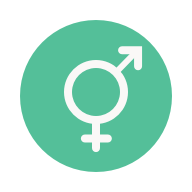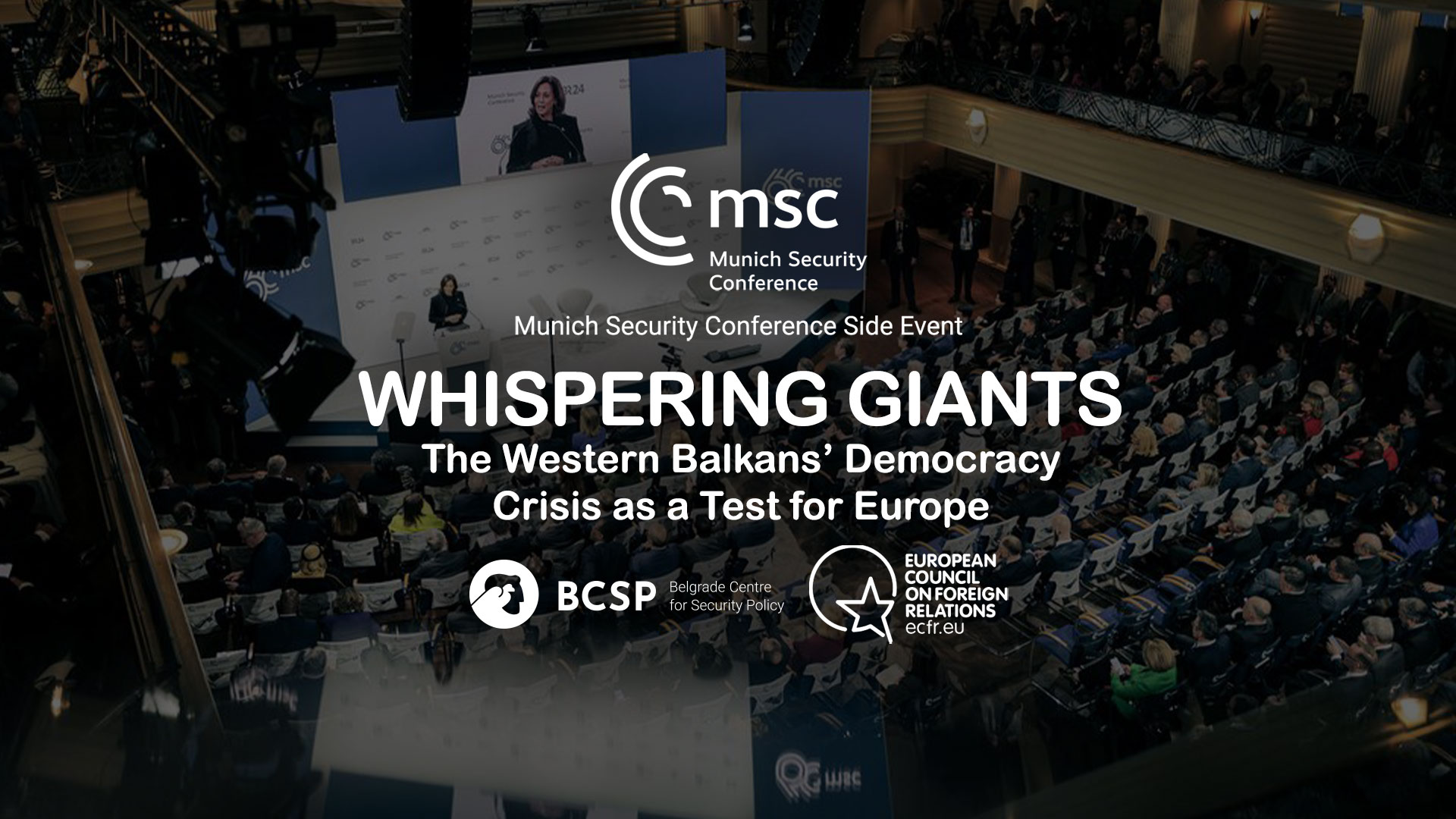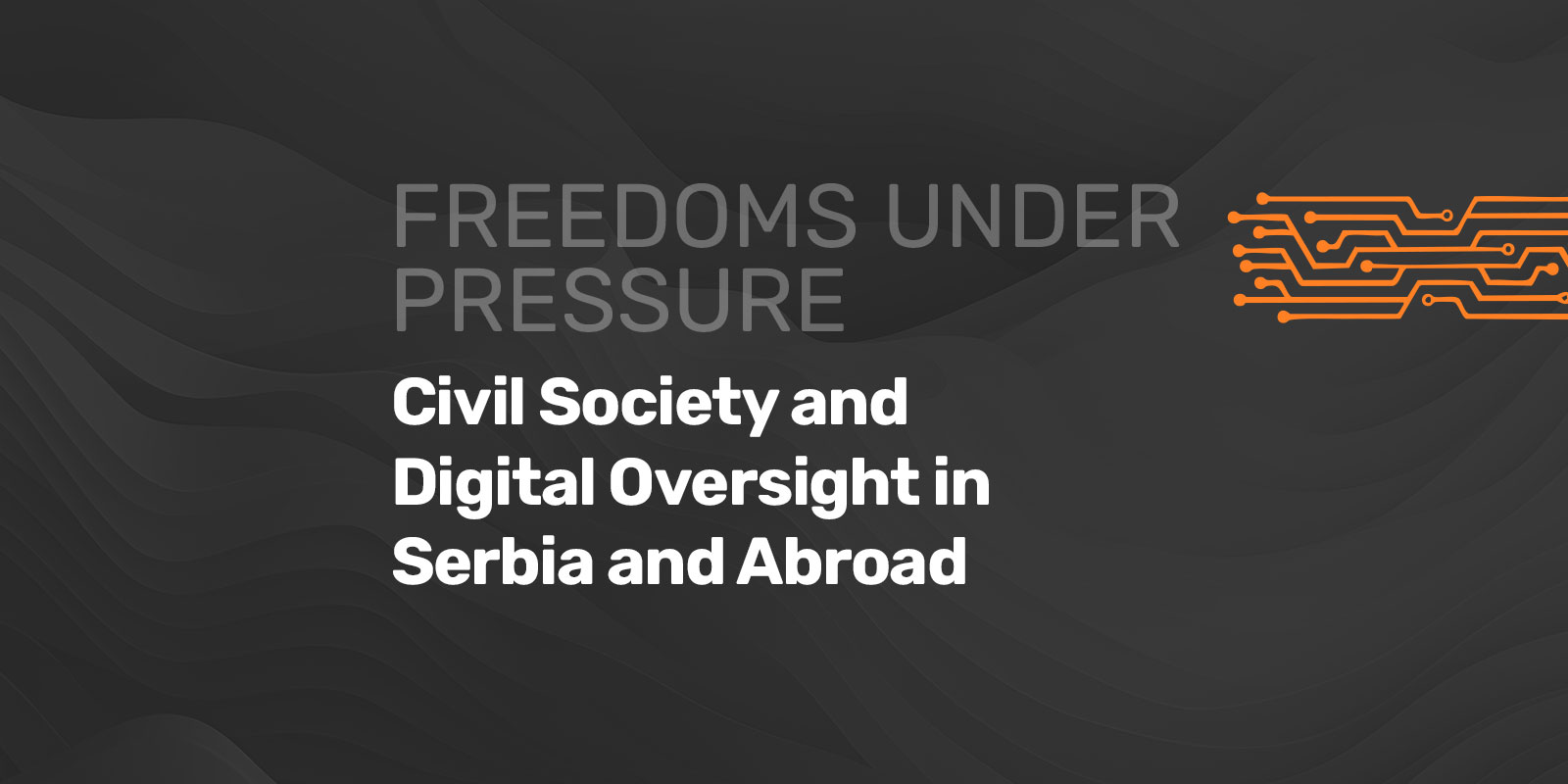
GENDER AND SECURITY
Do security sector institutions achieve equality between men and women? How is UN Security Council Resolution 1325 on Women, Peace and Security implemented? Do women participate in shaping and implementing policies that aim to achieve equality? What are the security-related experiences of women in public spaces and local communities?
RELATED
Date: 25.10.2023.
Author: Maja Bjeloš | Ivana Ranković | Gorana Pebić | Đorđe Blagojević |
The chapter analyses the emergence and development of discriminatory narratives against the LGBTQ+ community in Serbia, and how cyberspace has provided them fertile ground, affecting the rights of LGBTQ+ people both online and offline. Using the example of EuroPride, which took place in Belgrade in 2022, it is demonstrated how digital spaces are being used as mobilizing tools by various anti-rights movements in Serbia.

Date: 30.04.2018.
Author: Belgrade Centre for Security Policy
BCSP supports the action taken by the the European Coalition to End Violence against Women to protect the text of the Instabul Convetion from changes demanded recently by several hundred European right-wing and conservative organizations. The letter sent to Secretary General of the Council of Europe as a reaction was signed by 3800 organizations. Signatories from Serbia: European Women’s Lobby members Autonomous Women’s Centre, ...

Date: 08.03.2018.
Author: Belgrade Centre for Security Policy
1. What about the women? Understanding and Addressing the Problem of ISIS Female Recruitment in the Western Balkans Author: Eric Mietz This policy paper aims to bring attention to an oft-neglected security problem in the Western Balkans: women being recruited by—and migrating to—the Islamic State. The first part of the paper looks at the numbers of women leaving from the Western Balkans to Islamic State-held territory, the profiles of women ...

Date: 24.04.2017.
Author: Maja Bjeloš |
The Network of civil society organisations - Women, Peace and Security in the Republic of Serbia gathers 22 civil society organizations, academia and individuals, who are interested in implementation UNSCR 1325 on Women, Peace and Security in Serbia. BCSP is the coordinator of this network.

Date: 03.03.2017.
Author: Belgrade Centre for Security Policy
{image1} A network of civil society organizations - Women, Peace and Security and Commissioner for Protection of Equality Brankica Jankovic sent an appeal to the Government of Serbia to adopt National Action Plan for implementation of UN Security Council Resolution 1325 as soon as possible, during discussion held on 2nd March 2017 in Belgrade. Key reason for urgent adoption of this document is the fact that the significant number ...

Date: 08.03.2016.
Author: Belgrade Centre for Security Policy
The european standard of representation of women in the police force is 30 percent, and according to the information available in Serbia, women currently make up 23 percent of employees, 18 percent in Macedonia, 14 in Kosovo, 13 in Bosnia and Herzegovina, 10 in Albania and nine percent in Montenegro, it was pointed out at the conference of the POINTPULSE network.

Date: 12.01.2016.
Author: Belgrade Centre for Security Policy
Mapping insecurity sources for young women and men in Vranje, also analysing locations in the city that are considered insecure were main activities conducted by BCSP researchers during November of 2015.

Date: 28.10.2014.
Author: Belgrade Centre for Security Policy
How to integrate a gender perspective in programs, policies, and budget of the Ministry of Interior (MoI), and then monitor progress in achieving gender equality in the police force, were the main topics of the seminar ’’Gender equality and gender-sensitive indicators in the police; which was held from 15th to 17th of October at Hotel Relax in Kovačica.

Date: 24.06.2014.
Author: Belgrade Centre for Security Policy
The "Gender Mainstreaming: Indicators for the Implementation of UNSCR 1325 and its Related Resolutions" conference, held in Belgrade from May 26 to 27, 2014, brought together some of the top researchers, practitioners, and policymakers who work in the field of women, peace, and security, in which they exchanged ideas and best practices on the implementation of UNSCR 1325 and its related resolutions. This diverse and dynamic group of speakers and panellists offered new perspectives on how best to increase implementation and learn from the experiences of others.






